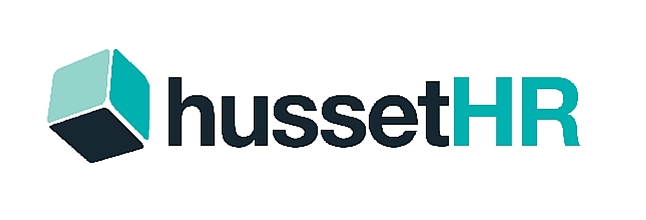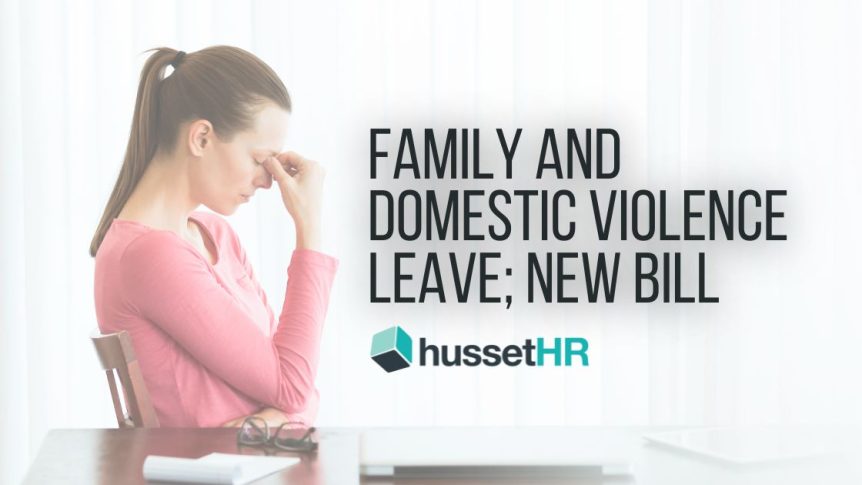As one of its first legislative actions, the Labor Federal Government submitted legislation to include a “universal” entitlement to 10 days of paid family and domestic violence leave (FDVL) in the National Employment Standards (NES).
The Bill proposes to modify the Fair Work Act 2009 by incorporating into the National Employment Standards a non-accumulating entitlement to 10 days of paid family and domestic violence leave each year for all employees (including casual and part-time employees). Employees are currently entitled to 5 days of unpaid family and domestic violence leave per year under the NES.
“Family and domestic violence” is currently defined in the Fair Work Act as “violent, threatening or other abusive behaviour by a close relative of an employee that seeks to coerce or control the employee or causes the employee harm or to be fearful”.
The new Bill would broaden the definition of “family and domestic violence” to include behaviour by “a member of an employee’s household or a current or former intimate partner of an employee.”
When will the new Bill come into effect?
The new paid entitlement is proposed to take effect on 1st February 2023 for all non-small business employers (employers with 15 or more employees) to allow for payroll and other required changes. Employers with fewer than 15 employees have until 1st August 2023 to comply with providing the updated NES leave entitlement to their employees.
This Bill is expected to pass both the Senate and the House of Representatives and become an Act of Parliament later this year.
When would employees be able to take paid family and domestic violence leave?
According to the new Bill, employees (including casual and part-time workers) will be entitled to take paid family and domestic violence leave if:
- They experience family and domestic violence; and
- They need to take action to deal with the implications of that violence.
- It is impractical for them to deal with the violence outside of their normal working hours.
Employees may take family and domestic violence leave for a variety of reasons, including:
- Arranging for their own protection or the safety of a close family, such as a dependent child.
- Attending urgent court hearings.
- Gaining access to police services.
What you need to know as an employer
The proposed bill, introduced on 28th July 2022, seeks a type of paid leave that is broader in scope, offered “up front,” and paid out at a higher rate than the current entitlement set by the Fair Work Commission’s Full Bench.
The bill that has been submitted would create a new type of paid leave under the NES that would:
- Be accessible to all employees, including “rostered” casuals (e.g. have accepted an offer to work).
- Be offered “upfront,” which means that the leave does not accrue and is available in full (i.e., 10 days of salary) at the start of each year.
- Be paid at the rate the employee would have earned if they had worked instead of taking leave (instead of being payable at base rates).
What does an employee need to do if they need to take FDVL?
To use this leave entitlement, employees must notify their employer as soon as possible of the need to take leave and the projected length of leave.
An employer may request documentation from an employee that would satisfy a reasonable person of their need for family and domestic violence leave. Paperwork provided by the police or the court, family violence support service documents, or statutory declarations are examples of reasonable evidence.
Employees who fail to comply with their employer’s request to produce acceptable evidence will be ineligible to use this paid leave entitlement.
The government does not agree with the Fair Work FDVL decision of May 2022
The widely publicised Fair Work Decision, issued in May 2022, made an in-principle finding that all modern awards should be amended to include a paid type of FDVL. Fair Work noted the “operational difficulties” that would occur if casual employees were given paid leave, and therefore, the Fair Work Commission concluded that paid FDVL should only be given to permanent employees, in line with other forms of paid leave under the NES and current awards.
Furthermore, the Fair Work Commission decided that employees’ paid FDVL entitlement should not be provided “up front,” but should accrue up to a maximum cap of 10 days. Finally, the Fair Work Commission ruled that the leave should be paid at the base award rate.
The Fair Work Amendment (Paid Family and Domestic Violence Leave) Bill 2022 that has been submitted by the Federal Government does not follow the method advocated by the Fair Work Commission.
What do I need to do as an employer?
Although the bill has yet to take effect, companies should be aware that they may need to make adjustments before February 1st, 2023.
Employers will need to update their employment contracts and workplace practices once the ensuing Act becomes effective to reflect the new 10-day paid family and domestic violence leave entitlement for all employees.
Employers must also ensure that new employees receive updated Fair Work and Casual Employment Information Statements (as these documents will be updated to reflect the NES leave entitlement change).
Make sure your employees understand their rights to family and domestic violence leave. Education raises worker awareness and fosters a more supportive work environment.
How can hussetHR help?
At hussetHR, we empower managers and employers to make informed decisions and support them in achieving their organisation’s goals. We apply Fair Work compliance standards, which eliminates the need for you to guess about legislation and policy.
We service a variety of companies that the forthcoming family and domestic violence leave Bill will apply to. hussetHR can also assist you in creating an appropriate family violence leave policy, provide support to managers, and develop a workforce safety plan.
We are here to address any questions you may have about new legislation, such as family and domestic violence leave.
When determining the optimal solution for your company, it is advisable to get experienced HR advice. hussetHR is always available via phone or email and ready to advise you on the best course of action.
Call us today at 1300 487 738

